COVID Transmission: A Scientist’s Insight on What Matters
/0 Comments/in COVID Health, COVID Podcasts, Featured, Healthcare, Podcast Hubwonk, rCOVID /by Editorial StaffJoin Joe Selvaggi and Pioneer Institute co-host Bill Smith as they talk with Harvard Medical School’s Dr. Ed Nardell about his scientific observations on how the novel coronavirus is spread and what can be done to make our schools, buildings, and lives in public safer.
Guest:
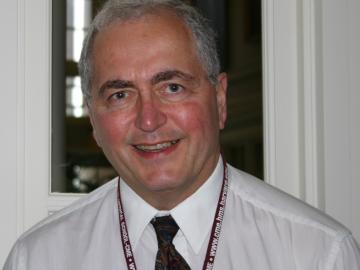 Dr. Ed Nardell is a professor in the Departments of Medicine and of Global Health and Social Medicine at Harvard Medical School and an associate professor in the Departments of Immunology and Infectious Diseases and of Environmental Health at the Harvard School of Public Health. His research interests involve the control of tuberculosis under resource-limited conditions, with a focus on the pathogenesis of drug-resistant tuberculosis, its airborne transmission, and transmission control in institutions. Another long-standing research avenue is the application of germicidal irradiation to reduce airborne transmission.
Dr. Ed Nardell is a professor in the Departments of Medicine and of Global Health and Social Medicine at Harvard Medical School and an associate professor in the Departments of Immunology and Infectious Diseases and of Environmental Health at the Harvard School of Public Health. His research interests involve the control of tuberculosis under resource-limited conditions, with a focus on the pathogenesis of drug-resistant tuberculosis, its airborne transmission, and transmission control in institutions. Another long-standing research avenue is the application of germicidal irradiation to reduce airborne transmission.
Get Our COVID-19 News, Tips & Resources!
Recent Episodes
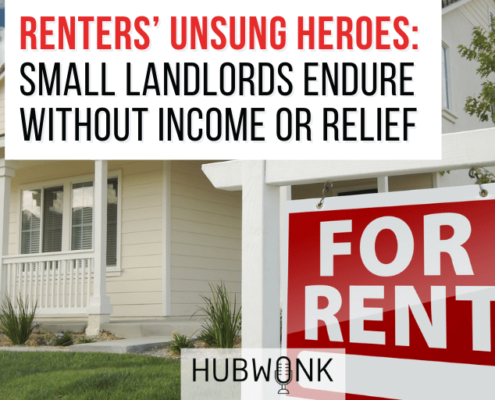
Renters’ Unsung Heroes: Small Landlords Endure Without Income or Relief
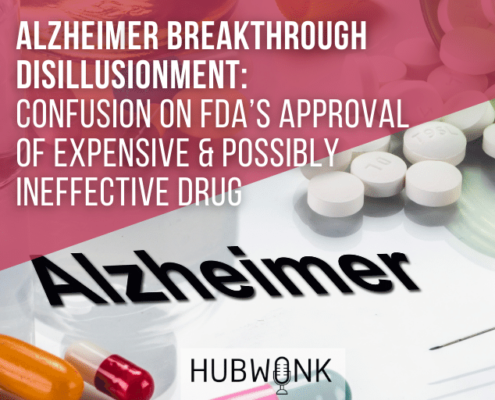
Alzheimer Breakthrough Disillusionment: Confusion on FDA’s Approval of Expensive and Possibly Ineffective Drug
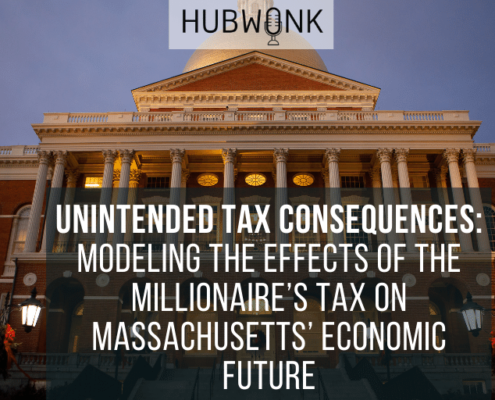
Unintended Tax Consequences: Modeling the Effects of the Millionaire’s Tax on Massachusetts’ Economic Future
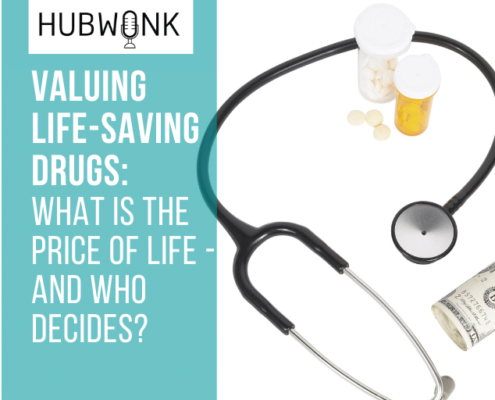
Valuing Life-Saving Drugs: What is the Price of Life and Who Decides?

Shepherding Infrastructure Spending: Project Labor Agreements’ Effects on Community Public Construction Projects

Origin of COVID-19: As Animal Source Evidence Eludes Scientists, Lab Leak Hypothesis Gains Purchase

Pipelines Are Infrastructure: Colonial Incident Reveals Dark Side of Cyber Vulnerability
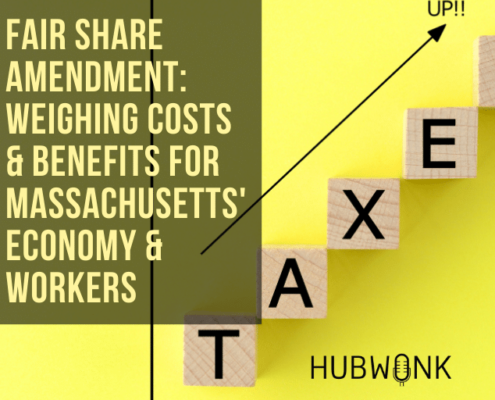
Fair Share Amendment: Weighing Costs & Benefits for Massachusetts’ Economy & Workers
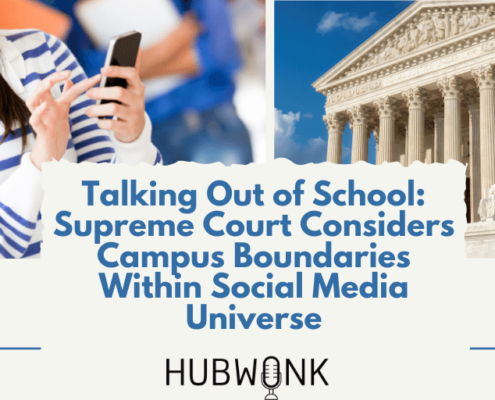
Talking Out Of School: Supreme Court Considers Campus Boundaries Within Social Media Universe

Preparing For Disaster: Health Readiness Expert’s Performance Review
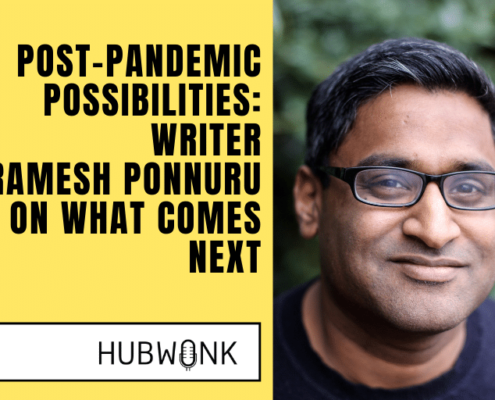
Post-Pandemic Possibilities: Writer Ramesh Ponnuru Offers Insight On What Comes Next
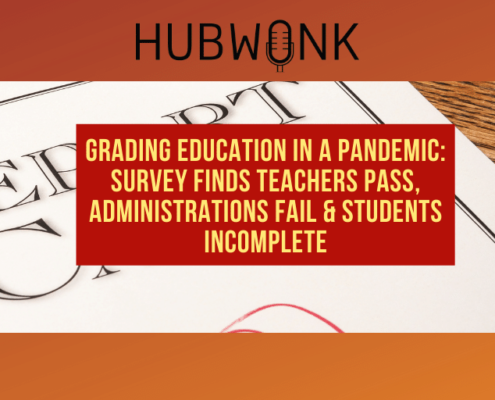
Grading Education in a Pandemic: Survey Finds Teachers Pass, Administrations Fail & Students Incomplete

Doctor Heal Thyself: Insider’s Prescription For Healthcare Reform

Travesty of Justice: Massachusetts Drug War Collapses on Lab Scandal



